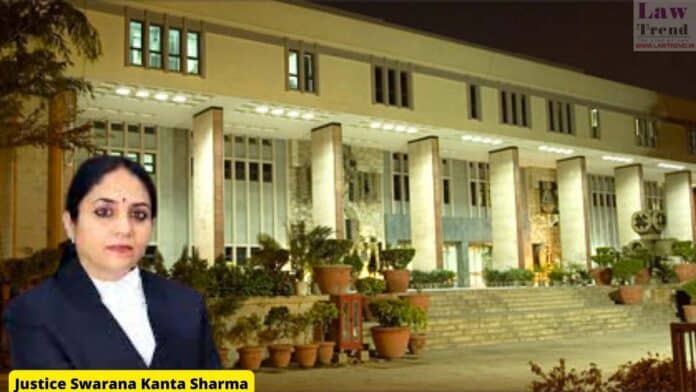In a significant judgment delivered on July 22, 2024, the Delhi High Court emphasized the crucial role of educational institutions in shaping the future of the nation, describing them as pillars of democracy rather than mere factories producing degree holders. The ruling came in the case of Ritesh Kumar v. Jawaharlal Nehru University (W.P.(C) 9065/2018),
To Read More Please Subscribe to VIP Membership for Unlimited Access to All the Articles, Download Available Copies of Judgments/Order, Acess to Central/State Bare Acts, Advertisement Free Content, Access to More than 4000 Legal Drafts( Readymade Editable Formats of Suits, Petitions, Writs, Legal Notices, Divorce Petitions, 138 Notices, Bail Applications etc.) in Hindi and English.




